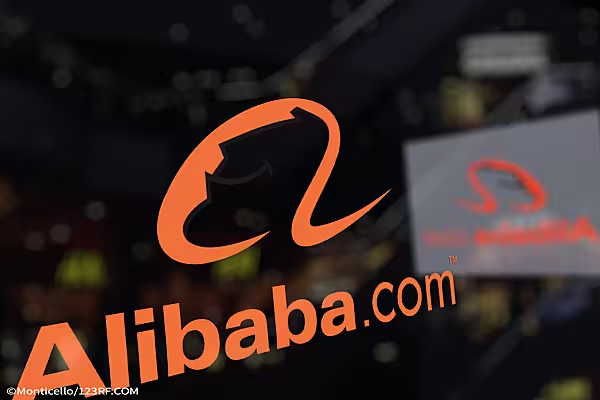Tesco's Dunnhumby specialises in predicting buying habits. Unfortunately for Britain’s largest retailer, it couldn’t foresee that nobody would stump up the cash it wanted for the data-analytics unit.
Since Tesco put the company on the block nine months ago, Dunnhumby has become a less attractive asset. The April dissolution of a joint venture with American supermarket chain Kroger Co. meant Dunnhumby’s US arm could pitch other grocers for new business, but at the same time it cut off a steady income stream from a high profile client.
An initial reported price tag of £2 billion ($3.1 billion) dwindled to such an extent that Tesco abandoned the sale this month, ratcheting up the pressure on Chief Executive Officer Dave Lewis to reduce the grocer’s £17.7 billion debt load. Lewis had said Tesco didn’t need to own Dunnhumby to reap the benefits of its data-mining technology, yet when offers failed to pass muster, the CEO said the business was worth more under Tesco’s ownership.
The process "didn’t feel commercially clever,” Clive Black, an analyst with Shore Capital, said by phone. "Tesco now has a business that’s less profitable and it hasn’t raised the cash it wanted to deleverage. It’s been cack-handed."
Even after September’s £4 billion sale of its Korean operations, Tesco still has junk status among the major rating providers. Lewis declined to rule out the possibility of a rights offering at the grocer’s results presentation earlier this month. Tesco shares fell 1.3 per cent to 186.7 pence at 10:02 a.m. in London.
The dissolution of the 12-year-old joint venture with Kroger, through which the grocer acquired Dunnhumby USA’s data- mining technology and more than 500 of its staff, added uncertainty for potential purchasers that included advertising giant WPP.
Kroger, the largest US supermarket chain, may have felt it had “outgrown” the joint venture, said Charles Allen, an analyst with Bloomberg Intelligence, adding that any contract Dunnhumby manages to win from another grocer is “likely to be on a smaller scale.”
A Tesco representative declined to comment.
In the UK, a major part of Dunnhumby’s value is from its exclusive rights to use the data from Tesco’s clubcard loyalty program, which actively tracks the purchasing habits of 16 million of the supermarket chain’s shoppers.
After putting Dunnhumby up for sale, Tesco capped the length of the exclusivity agreement at five years. While the retailer probably added the clause to ensure it wasn’t tied indefinitely to any acquirer, it gave potential suitors too small a window in which to make a return on their investment, according to Steve Gray, who served as Dunnhumby’s UK managing director and as a director of its U.S. joint venture until 2006. Tesco declined to elaborate on the decision.
"It’s completely crazy,” said Gray, who now runs a consultancy serving clients including PepsiCo. "It made Dunnhumby unsellable." He estimates that the failed sale process may have cost Tesco close to $1 billion in terms of value destruction.
According to data from the UK’s Companies House, Dunnhumby made profit after tax of £44.5 million in the UK in the year ended February 2014.
If Tesco had kept the US business in its previous form, Dunnhumby would deliver £90 £100 million pounds in profit, Gray said. "That’s not what their profits will be now,” he said.
News by Bloomberg, edited by ESM. To subscribe to ESM: The European Supermarket Magazine, click here.














